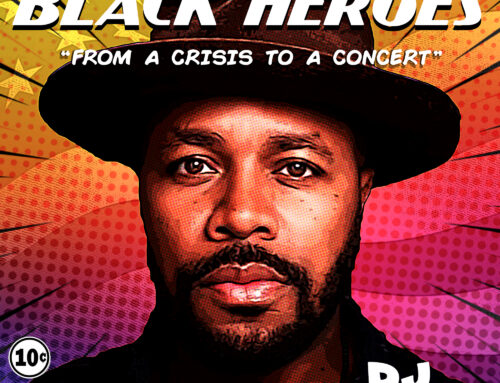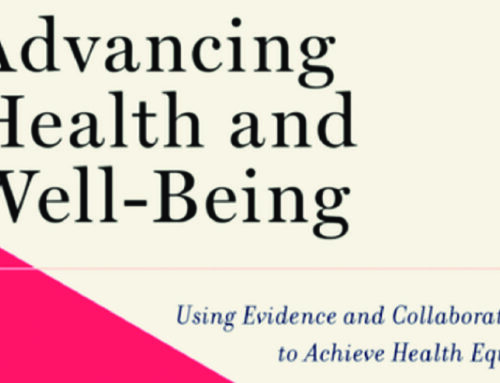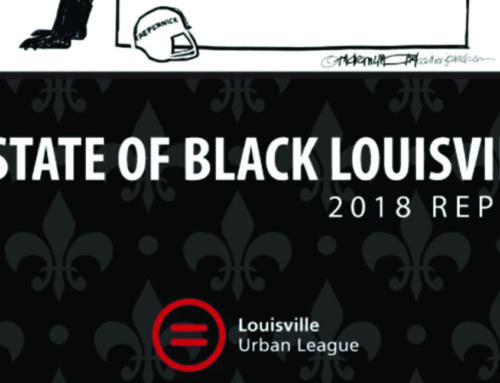Note: This opinion piece was originally published in the Courier Journal on November 4, 2016. Read the original publication here.
Recently, I gathered with my new neighbors for an intimate block party. We laughed over homemade dishes from our different cultures and watched, without fear, as the children played peacefully in the street. The clean fall air engulfed us, and the presence of leaves everywhere reminded us of the multitude of trees thriving in our midst.
For that moment in time, I was surrounded by people and an environment that felt healthy and as if no barriers existed between us. As a parent, a neighbor, a person of color, I felt calm, free, hopeful and welcomed. I felt home, and this home felt good.
These are the moments I advocate for every day. This is health equity.
This term, health equity, has broadened the agenda for health and challenges conventional ways of thinking. Health is more than health care, more than disease or illness, even more than how long we live. Health is how well we live and is determined by the spaces in which we live, learn, work, play and worship. Health is a measure of equity in our society, and equity is compassion inspired by social justice.
In Louisville, we lean into the hard questions of health equity, and we are beginning to find new ways to delve into the root causes of inequities: racism, sexism, wealth distribution, homophobia and ageism. Ten years ago, the Center for Health Equity began with the vision that social and economic barriers must be removed for people to have the best life outcomes.
The Center strongly decried that ZIP codes, racial identity or socioeconomic background should not determine how long you live, and violence and disease are merely symptoms of deeply entrenched policies. As the first such center in any municipal government, CHE placed Louisville Metro government at the forefront of a national conversation. Ten years later, I am honored to be able to carry that torch forward as the director of CHE and eager to work with the community through participatory approaches, such as our most recent “My Dream for Lou” policy summit, to blaze new paths toward equity.
In September, Louisville received a new partner in this effort. The world’s largest foundation on health, Robert Wood Johnson Foundation, honored Louisville as one of seven regions in 2016 to undertake this “sacred work” of building a national culture of health rooted in equity. RWJF recognizes that health equity fuels national prosperity and means that everyone has the utmost opportunity to live their healthiest life possible. RWJF did not recognize Louisville because we have achieved equity, but rather because we are openly saying we are not comfortable with the status quo.
RWJF celebrates Louisville for our community-engaged, data-driven, multi-sectoral path to overcome, heal and discover innovative policy approaches for equity.
So as I think back to home, I want that for all citizens of Louisville, not simply moments of equality, diversity and inclusion, but the intentional moments of hope, freedom and wellness, for every community. RWJF has provided Louisville once again a national platform for us to achieve. So, Louisville, join me in celebrating our home by getting to the hard work of raising the bar for everyone and achieving health equity for all.





